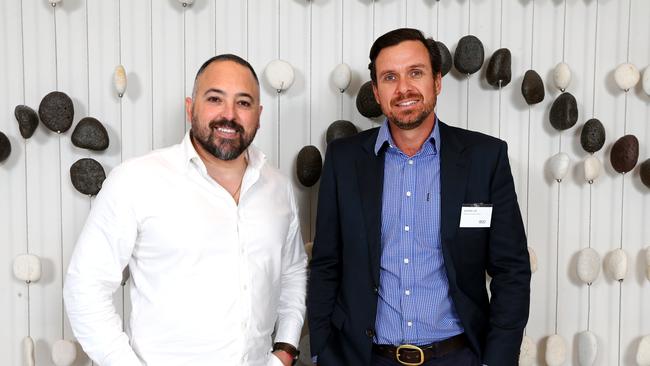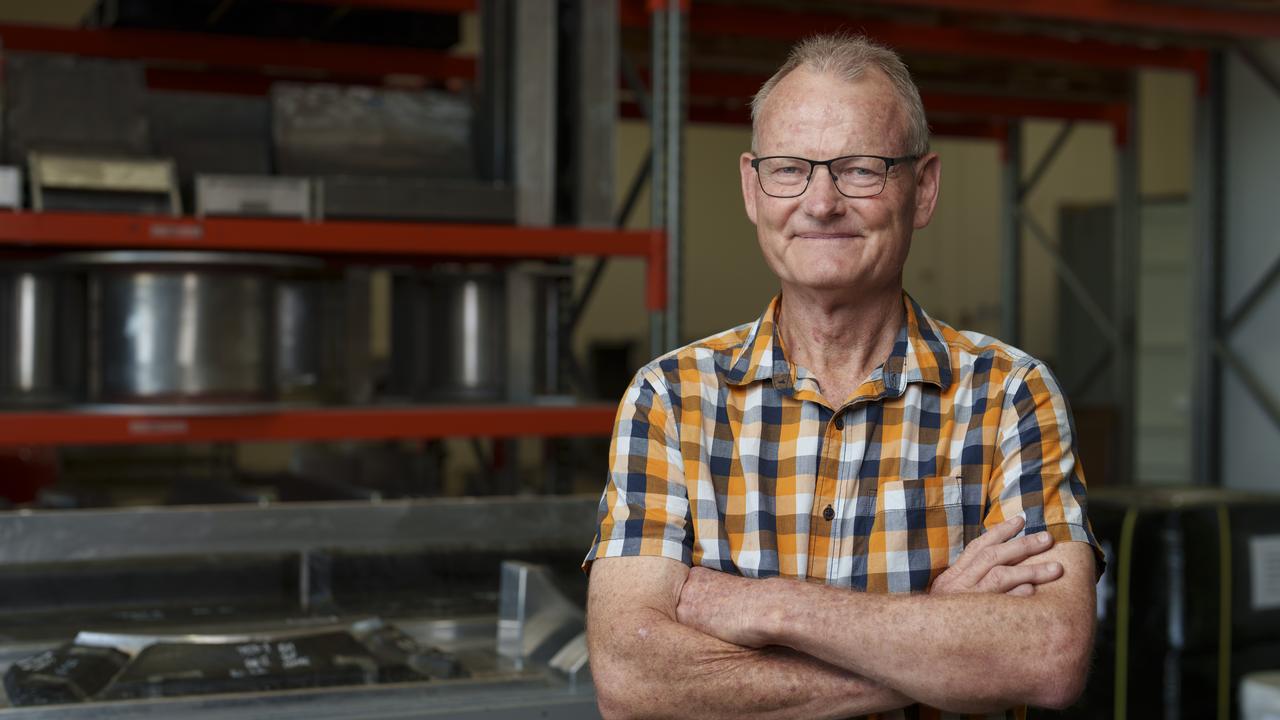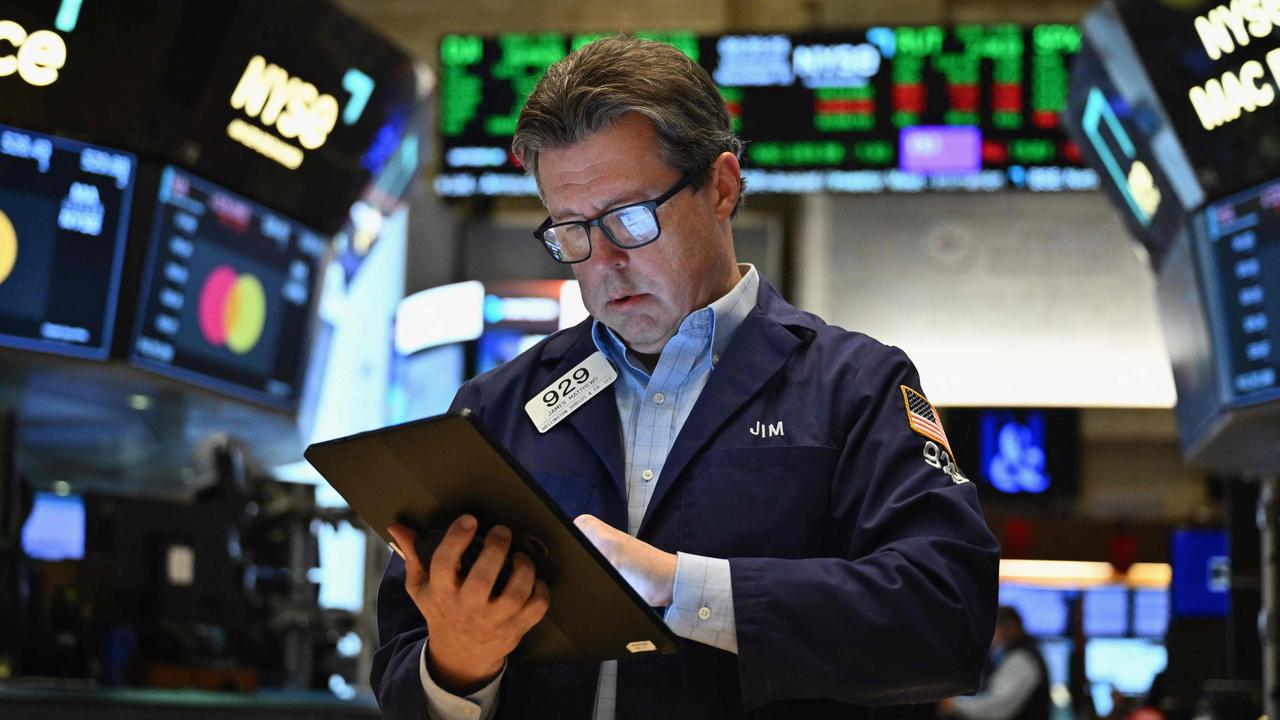Queensland manufacturers upbeat despite challenges
Customers are increasingly seeking Australian-made products which is good news for local manufacturers although there are still challenges ahead, top industry leaders say.

QBW
Don't miss out on the headlines from QBW. Followed categories will be added to My News.
Australian made and manufactured products are in high demand despite labour challenges and supply chain disruptions.
That was the consensus from 12 industry leaders who discussed the future of manufacturing at a recent lunch hosted by BDO and The Courier-Mail.
While activity in the sector had slowed due to a number of local and global factors, including higher energy prices, interest remained strong.
BDO partner and project and infrastructure advisor, Ally Flint, said local innovation was driving the demand - a trend that was set to continue.
“More people are seeking Australian made products, even if they may be paying a premium,” she said.
“Innovation in the sector is expected to continue generating economic benefits and contribute to national resilience.”

Craig Nicol, the founder and CEO of Brisbane-based energy saving and storage company Graphene Manufacturing, said the sector had a lot to be optimistic about.
“Australia has talked itself out of manufacturing when we’re actually really good,” he said.
“If you look at the achievements of the sector, just on data alone we are fantastic.”
The lunch event heard both consumers and investors are favouring Australian-made products in a market where premium quality is in high demand.
“Unless you can position yourself in that premium space, I think you’ll really struggle in the Australian manufacturing space,” Australian Country Choice CEO Anthony Lee said.
“But there’s plenty of opportunity for people to position themselves well in most sectors.”
Malcolm Gray from the Brisbane-based Century Yuasa Batteries said the sector was bouncing back from labour, Covid and supply chain disruptions with premium and local offerings.
“We know that the consumer is prepared to pay for Australian made products,” he said.
“The last couple of years have brought that forward massively.”
And there is space for more innovation.
Amazonia Group and Hemp Pets CFO Patrick Mauder said Australia needed to be setting up for big tech like electric vehicles.
“In Europe they’re encouraging start-ups to get going in preparation for the next wave,” he said.

“Future industries are coming into our ecosystem and changing the landscape, and the biggest companies are probably just starting up now.”
Looking to our international counterparts for inspiration, Mr Nicol said governments and investors must become more collaborative in supporting the shift towards innovation.
“You’ve got to actually get some money before you can make something out of it,” he said.
“The Australian investor says, ‘prove to me you’re investible,’ whereas a North American investor would say, ‘let’s be investible together and do this together.”
The panel also recognised a recent change in government and the effects this will have on manufacturing grants and land availability.
Mr Nicol noticed the lack of industrial space when Graphene Manufacturing recently searched for a new facility.

“There was one available property that we could look at in the Brisbane area,” he said.
“It comes back to assuming we’re not good at manufacturing and thinking, then why should we preserve areas for it?”
Head of investment at the Brisbane Economic Development Agency, Andrew Neilson, said land availability was a challenge for Brisbane City Council.
“There’s less than 0.8 per cent of industrial land in Brisbane (local government area) at the moment,” he said.
“There are certain strategies we expect an update on in August around the upcoming Olympics and knowledge corridors which include manufacturing.”


